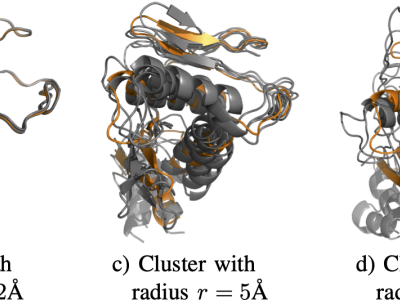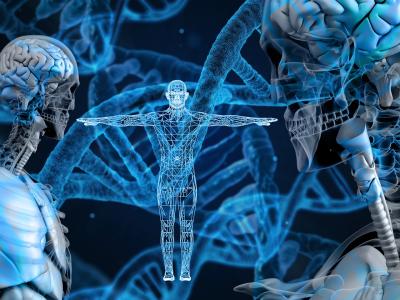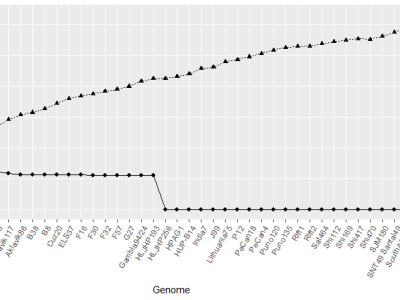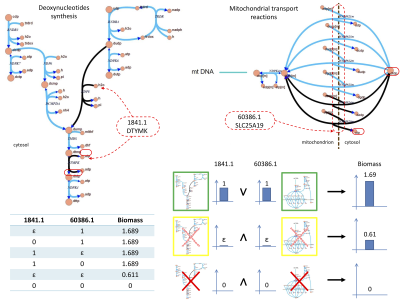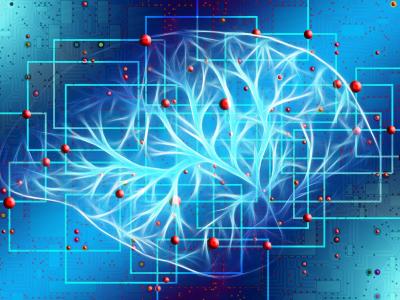
This repository contains the code and documentation for a computational framework that leverages machine learning techniques to enable accurate classification of bacterial species, even closely related strains.
The framework integrates genomic analysis methods, such as motif screening and single nucleotide polymorphism (SNP) extraction, to derive informative features from bacterial genomes. These genomic insights are then fed into machine learning models, which are trained to reliably differentiate between bacterial species based on their distinctive patterns and characteristics.
- Categories:
